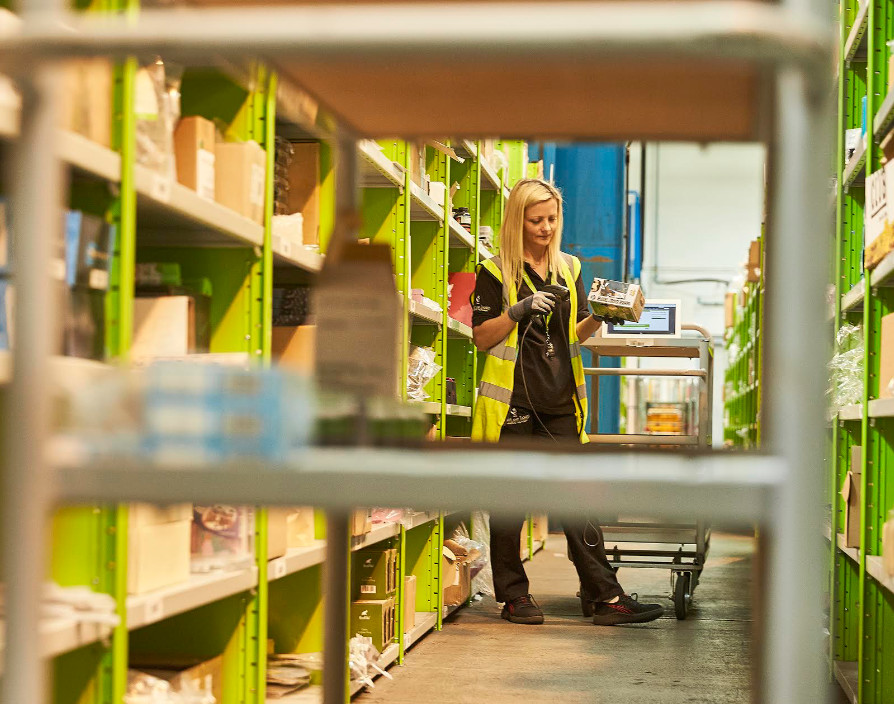The European Union plans to change how VAT is accounted for on cross-border trade from Thursday 1 July. But are UK businesses aware and ready?
Since Brexit, trading with Europe has become expensive and onerous. So much so, that many UK eCommerce businesses have turned off European Union (EU) activities.
Managing differing VAT thresholds and rates across each EU country has added to the admin burden and cost of business too. Further, how much difference will the new Import One Stop Shop (IOSS) make ‘ and what can businesses do to ensure they can continue trading from Thursday 1 July 2021?
Register for an IOSS number
As the EU drives forward with plans to alter how VAT is accounted for on cross-border B2C supplies, UK eCommerce businesses need to consider the sweeping reforms that will be introduced on Thursday 1 July by the 27 member states. The new rules are designed to make it easier to account for local VAT in the consumer’s country and reduce the substantial value of VAT fraud.
For UK eCommerce firms that have grappled with the need for different VAT numbers ‘ including VAT thresholds and rates ‘ in different member states, the creation of the Import One Stop Shop (IOSS) single EU VAT return is welcomed. It enables businesses shipping goods from their home country to customers across the EU to report all pan-EU sales in one place. Moreover, the IOSS is an extension of the 2015 Mini One-Stop-Shop (MOSS); which successfully trialled a single EU return for B2C sales of digital, telecoms and broadcast services.
The process is quite straightforward ‘ effectively, a business needs to go online and just register for an IOSS number. To do so, though, requires an existing VAT number. If a company does not have that in place already, it will require fiscal representation to acquire the number. Currently, this process is taking up to eight weeks though.
Quick and easy customs clearance
Another major change is the removal of the €22 import VAT exemption on small parcels. Previously this was used by companies to avoid VAT intentionally or mistakenly. But, from Thursday 1 July, VAT must be charged at the point-of-sale for consignments not exceeding €150. This means that businesses using the IOSS need to ensure VAT is calculated at the point of sale ‘ and, goods will automatically pass through customs. Note, though, that any company that has overlooked this change, and continues to send lower value items into Europe, will face a nasty fee; because both the VAT and an admin fee will be applied; and the cost will be presented to the end customer, to their annoyance.
For businesses that registered in time, the use of the IOSS creates a more efficient process for quick and easy customs clearance. This should reduce delays and avoid unexpected admin fees from customs and carriers. However, to ensure goods pass easily through this new ‘green channel’, UK eCommerce businesses must ensure their commercial invoices include the correct IOSS number.
Moreover, much of the compliance headache related to the new EU VAT regulation has been passed on to the carriers. Many have only just made their technical specifications available, including the electronic invoice formats. So, in addition to ensuring the correct IOSS number has been used, companies also need to figure out how to create invoices in the correct format and with the right information to avoid expensive customs delays.
Revive those EU expansion plans
Succeeding with this process will help cut the costs that have made doing business with the EU less profitable since Brexit. It will avoid the customer experience disaster that occurs when €10 admin fees and unexpected VAT liabilities are imposed on every transaction.
Therefore, the responsibility lies with UK eCommerce businesses to get this right ‘ whether that is attempting to figure out the technical expectations of carriers and amending IT solutions in time, or finding a fulfilment partner that can automate the process, ensuring all commercial invoices are created in the correct format and with the correct data. Those firms that are ready on Thursday, 1 July will be best placed to exploit the lower cost of sale. They will be able to revive any EU expansion plans swiftly, that have been side-lined since January and will be able to get ahead of the competition.
“
Share via:


















































